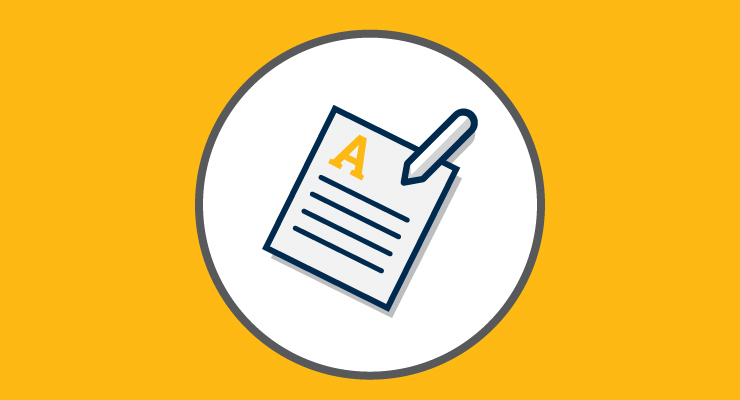(text and background only visible when logged in)

(text and background only visible when logged in)
The amount of sleep that a college student gets is one of the strongest predictors of academic success. Sleep plays a key role in helping students fix and consolidate memories, plus prevent decay of memories. Without sleep, people work harder but don’t do as well. When a student is rested, memory recall, decision making, critical thinking, and the ability to maintain concentration are much improved. Conversely, any prolonged sleep deprivation will affect their mood, energy level, and ability to focus, concentrate, and learn – thus directly affecting their academic performance. Aside from stress – which can contribute to sleep deprivation – researchers state sleep deprivation is one of the main reasons college students receive low academic scores.
Adverse effects of poor sleep:
- Sleepiness and poor sleep quality are prevalent among university students, affecting their academic performance and daytime functioning.
- Students with symptoms of sleep disorders are more likely to receive poor grades in classes such as math, reading and writing than peers without symptoms of sleep disorders.
- College students with insomnia have significantly more mental health problems than college students without insomnia.
- College students with medical-related majors are more likely to have poorer quality of sleep in comparison to those with a humanities major.
- College students who pull “all-nighters” are more likely to have a lower GPA.
- Students who stay up late on school nights and make up for it by sleeping late on weekends are more likely to perform poorly in the classroom. This is because, on weekends, they are waking up at a time that is later than their internal body clock expects. The fact that their clock must get used to a new routine may affect their ability to be awake early for school at the beginning of the week when they revert back to their new routine.
Tips to Get Better Sleep
Go to Bed Early
Students should go to bed early enough to have the opportunity for a full night of sleep. Adults need about seven to eight hours of sleep each night.
Get Out of Bed
If you have trouble falling asleep, get out of bed and do something relaxing until you feel sleepy.
Stay Out of Bed
Don’t study, read, watch TV or talk on the phone in bed. Only use your bed for sleep.
Limit Naps
If you take a nap, then keep it brief. Nap for less than an hour and before 3 p.m.
Wake Up on the Weekend
It is best to go to bed and wake up at the same times on the weekend as you do during the school week. If you missed out on a lot of sleep during the week, then you can try to catch up on the weekend. But sleeping in later on Saturdays and Sundays will make it very hard for you to wake up for classes on Monday morning.
Avoid Caffeine
Avoid caffeine in the afternoon and at night. It stays in your system for hours and can make it hard for you to fall asleep.
Adjust the Lights
Dim the lights in the evening and at night so your body knows it will soon be time to sleep. Let in the sunlight in the morning to boost your alertness.
Wind Down
Take some time to “wind down” before going to bed. Get away from the computer, turn off the TV and the cell phone, and relax quietly for 15 to 30 minutes.
Eat a little
Never eat a large meal right before bedtime. Enjoy a healthy snack or light dessert so you don’t go to bed hungry.